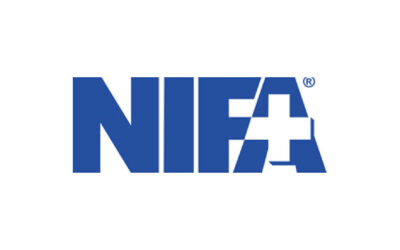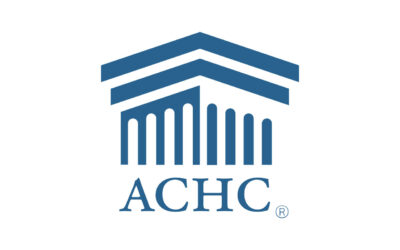A 2012 Priority for Providers and Policy Makers
By William Prentice, Chief Executive Officer, ASCA
As 2012 begins, health care professionals, insurance providers, policy makers and others across the country are asking a common question: How can we ensure that patients are receiving the highest quality health care?
While most agree that there is no simple answer to that question, much is being done to work toward a solution.
Last year, for example, the US Department of Health and Human Services (HHS) launched a value-based purchasing program for hospitals. Through that program, hospitals that serve Medicare patients across the country are scheduled to be paid for inpatient acute care services based not only on the volume of services they provide, but also on the quality of those services. Although the final framework for a similar program that will apply to ambulatory surgery centers (ASCs) still needs to be determined, ASCs are also expecting to become involved soon in a value-based purchasing program tied to Medicare.
In another Medicare initiative designed to promote quality care, Medicare now offers a consumer-friendly web site (www.medicare.gov) that individuals can use to compare providers based on a diverse set of performance measures. The data reported on the site is based on reports filed by various health care providers, such as hospitals, nursing homes, physicians and others, over several years. The Hospital Compare portion of the site reports how well hospitals are meeting recommended care guidelines for a range of conditions. It also provides a methodology for measuring patients’ perspectives on the health care they receive.
An increasing number of states have also been working recently to help their citizens find safe and effective health care. Many have begun requiring quality reporting from various health care providers and publishing the data they collect on publicly available web sites. The type of data that is reported varies from state to state and ranges from hospital and physician performance and cost data to the rates of preventable errors and results from patient satisfaction surveys.
Health insurance companies, too, are focusing on quality. Some already conduct programs to assess the efficacy and safety of the clinical care that their beneficiaries receive. In addition, this year, HHS is scheduled to issue regulations that will require insurers and health plans to report on plan and coverage benefits and health care provider reimbursement structures that improve health outcomes, reduce medical errors and promote health and wellness activities among their subscribers.
For ASCs, 2012 marks the beginning of a Medicare quality reporting program that is being instituted by CMS for the first time. As a first step, this program will require ASCs to report whether or not they use a safe surgery checklist throughout the year. Beginning October 1, 2012, ASCs will also be required to start reporting data on five quality measures that were developed by the ASC Quality Collaboration and endorsed by the National Quality Forum. More quality reporting requirements are expected to be introduced in future years. The ASC community has long advocated for a national quality reporting program that would enable patients to make meaningful comparisons among surgical care providers. We are hopeful that the quality data reporting that ASCs will be involved with beginning this year will help make this more comprehensive program possible.
As ASCA continues to prepare for its annual meeting in Dallas, Texas, May 9-12, 2012, quality remains at the forefront of all that will happen there. This year’s sessions will include an overview of CMS’s new quality reporting requirements for ASCs and more targeted sessions on specific aspects of the new quality reporting program, including the use of a safe surgery checklist. Some of the other sessions at the meeting will address quality concerns associated with topics like infection prevention, peer review and strategies that health care providers can use to ensure high levels of patient satisfaction and improve communication and coordination among surgical staff. We hope that everyone who works in or with an ASC will join us in Dallas to learn more. For more information, visit our web site at www.ascassociation.org.
ASCs are proud of the high quality of care they have always provided and looking forward to new opportunities to demonstrate that quality to patients, insurers and policy makers. At the same time, they are constantly looking for new ways to improve on the care they offered the day before.
The work that needs to be done to ensure top-quality health care in the US won’t be accomplished overnight. Also, it won’t be done by just one person, one facility or even one sector of the health care community. The ASC community is looking forward to continuing to work side-by-side with our colleagues across the health care continuum to promote practices that lead to the highest quality care and advocate for the policies and programs that need to be in place to support that care.







